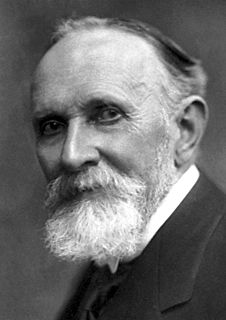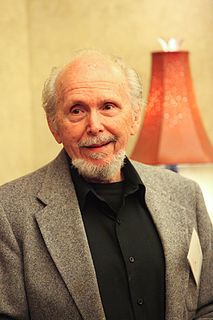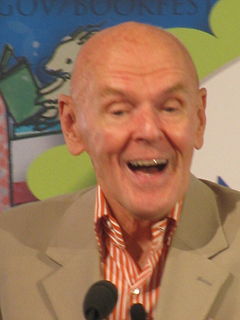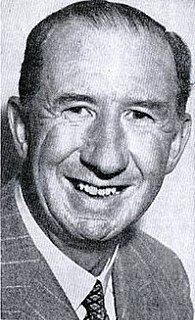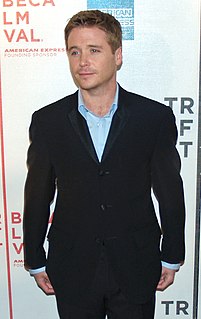A Quote by Salvador Minuchin
The touchstone for family life is still the legendary 'and so they were married and lived happily ever after.' It is no wonder that any family falls short of this ideal.
Related Quotes
Perhaps what is really being proposed by the Evangelical fundamentalists is a return not to the 1950s family but to the family of biblical days. The Old Testament is clear that this was a strong patriarchal family. Men were permitted several wives and concubines. Children were legitimately conceived by these concubines outside of marriage. . . . Is this the Evangelical's idea of an ideal family?
For the past several centuries the bonding power of the family dinner table has been one of the few constants, and now it's binding no more. The potency of the media is now stronger than that of the family. The wonder is that families still exist at all, since the forces of modern life mainly all pull people away from a family centered way of life.
The unblemished ideal exists only in happily-ever-after fairy tales. Ruth likes to say, "If two people agree on everything, one of them is unnecessary." The sooner we accept that as a fact of life, the better we will be able to adjust to each other and enjoy togetherness. "Happily incompatible" is a good adjustment.
The wise old fairy tales never were so silly as to say that the prince and the princess lived peacefully ever afterwards. The fairy tales said that the prince and princess lived happily ever afterwards; and so they did. They lived happily, although it is very likely that from time to time they threw the furniture at each other.



